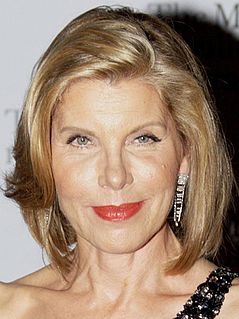A Quote by Rick Falkvinge
We safeguard the right to attribution very strongly. After all, what we are fighting for is the intent of copyright as it is described in the US constitution: the promotion of culture. Many artists are using recognition as their primary driving force to create culture.
Related Quotes
Puffy's contribution to hip-hop culture was the remix. He offered us the music that his mom played in front of him, with newer drums and younger artists. That worked, and will consistently be there. The remix comes right after the original record, that's something Puffy did to influence the culture.
Many teachers of the Sixties generation said "We will steal your children", and they did. A significant part of America has converted to the ideas of the 1960s - hedonism, self-indulgence and consumerism. For half of all Americans today, the Woodstock culture of the Sixties is the culture they grew up with - their traditional culture. For them, Judeo-Christian culture is outside the mainstream now. The counter-culture has become the dominant culture, and the former culture a dissident culture - something that is far out, and 'extreme'.
People have come to me over the years and said to me: 'I admire the culture of Starbucks. Can you come give a speech and help us turn our culture around?' I wish it were that easy. Turning a culture around is very difficult to do because it's based on a series of many, many decisions, and the organization is framed by those decisions.
I think nowadays it doesn't really matter where we are physically located. We create our own culture around us to a large extent, whether it's what we're listening to, what we're watching, what we're reading - it can have very little to do with one's immediate cultural environment. We are in a global culture in that respect.
When I went to Egypt right after 9/11 I was very upset. I used to live in Egypt. I had a lot of friends there. I spent two years teaching there. I had very fond feelings for that part of the world, and the fact that a culture I liked so much had attacked my own culture was really very upsetting to me.
In times of totalitarian or autocratic rule, music (indeed culture in general) is often the only avenue of independent thought. It is the only way people can meet as equals, and exchange ideas. Culture then becomes primarily the voice of the oppressed and it takes over from politics as a driving force for change.


































